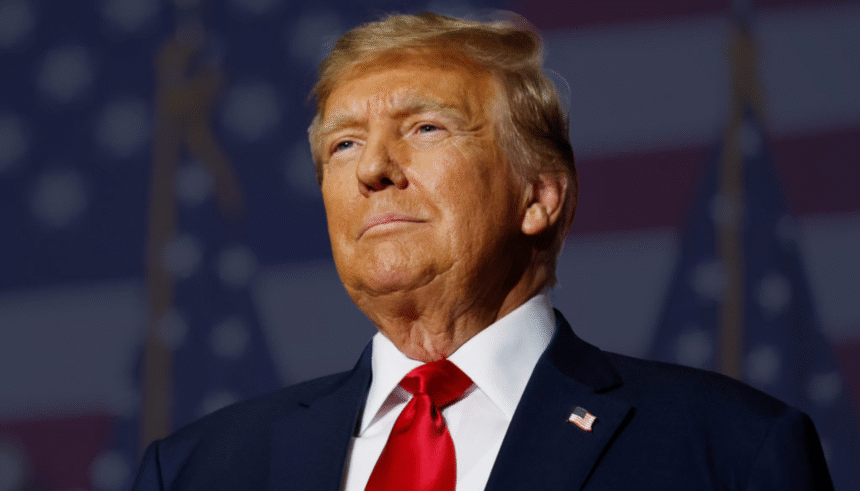In a significant escalation of his administration’s immigration policies, US President Donald Trump has announced new travel restrictions affecting 19 countries, primarily in Africa and the Middle East. The executive action, reminiscent of his controversial first-term travel ban, is set to take effect on June 9.
The proclamation bars or significantly limits entry to the United States for nationals of 12 countries and imposes partial restrictions on an additional seven. The nations facing a full or near-complete ban include Afghanistan, Myanmar, Chad, the Republic of Congo, Equatorial Guinea, Eritrea, Haiti, Iran, Libya, Somalia, Sudan, and Yemen. The administration cited various reasons for these measures, including alleged refusal to cooperate with citizen repatriation, unacceptably high visa overstay rates, and inadequate security screening and identity verification systems.
Countries facing partial restrictions, encompassing limitations on specific visa categories, are Burundi, Cuba, Laos, Sierra Leone, Togo, Turkmenistan, and Venezuela.
The White House defended the sweeping move as essential for national security, particularly in the wake of a recent violent incident. President Trump explicitly linked the new restrictions to a deadly attack in Boulder, Colorado, on June 1, carried out by an Egyptian national who reportedly overstayed his visa. “The recent terror attack in Boulder has underscored the extreme dangers posed by the entry of foreign nationals who are not properly vetted,” Trump stated in a video message. “We don’t want them.”
Critics, including Democratic lawmakers, have swiftly condemned the expanded ban as discriminatory and counterproductive, drawing parallels to Trump’s earlier “Muslim ban.” Congresswoman Pramila Jayapal argued that it “punished ordinary people for the policies of their governments,” while Congressman Don Beyer called it a “betrayal of American ideals.”
Beyond the travel restrictions, Trump also signed an order intensifying visa scrutiny for foreign students, with Harvard University specifically singled out for alleged ties to the Chinese Communist Party. The administration had recently attempted to revoke Harvard’s certification to admit foreign students, though a federal judge temporarily blocked this action.
The White House indicated that the list of restricted countries could be revised based on future developments, but also warned that “new countries can be added as threats emerge around the world.”







